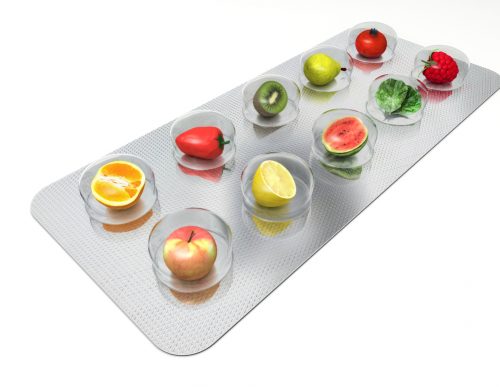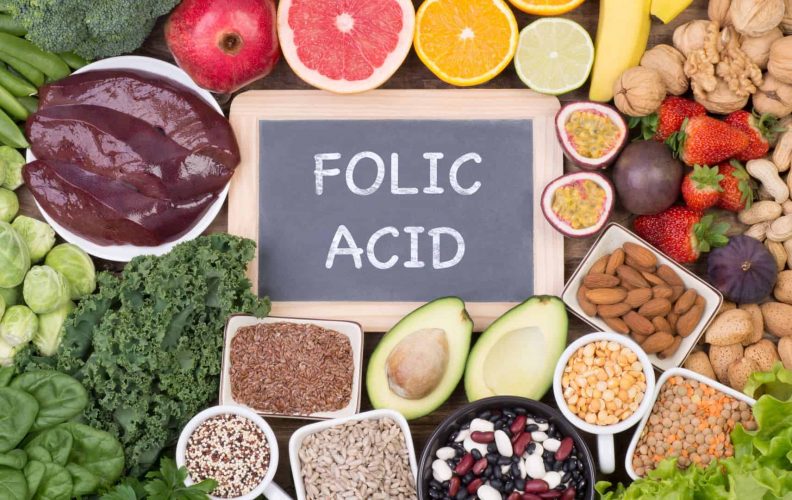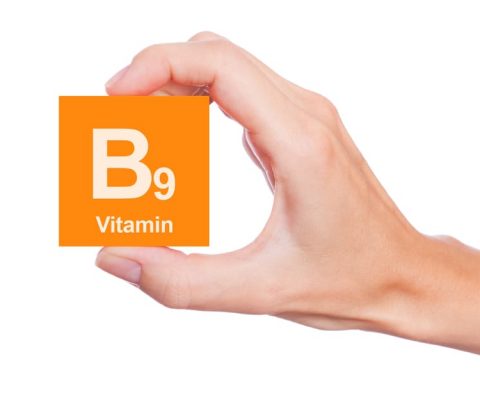Liquid Vitamins vs. Tablet Vitamins: Which Should You Choose?
Disclosure: We use affiliate links and may receive a small commission on purchases.
 Liquid Vitamins vs. Tablet Vitamins: Which Should You Choose?
thefitbay.com
Liquid Vitamins vs. Tablet Vitamins: Which Should You Choose?
thefitbay.com
When it comes to such a wide array of different choices of vitamins of which are available on the market; something as simple as making the choice of which is more efficient in terms or liquid or tablet vitamins may seeming incredibly overwhelming. If you have found yourself in a seemingly never-ending search for the perfect vitamin, than this article is for you. Have found yourself questioning which is more efficient: liquid vitamins or tablet vitamins? Read more to find out!
To start, if you are reading this, you have of course questioned which type of vitamin is better for your personal needs. If that is the case there are several questions of which you should be asking yourself to better determine which is the best fit.
Liquid Vitamins
Are you comfortable with swallowing pills? Have you ever choked on tablet pills?
Do multivitamins in tablet form tend to upset your stomach?
Do the vitamins that you already take in tablet form have a strong, bitter or otherwise objectionable taste? Are you concerned about taste when it comes to a liquid multivitamin?
How much money are you paying for your tablet form vitamins each month?
Would you be willing to pay more for a liquid vitamin that boasts significantly higher rates of absorption?
Perhaps you are already well aware of the benefits of multivitamins and minerals and why they are more important today than they ever have been before. In today’s stressed-filled and unhealthy world, there are a number of contributing factors that pay a role in our poor health. Things such as hectic schedules and poor nutrition make it incredibly hard for the vast majority of us to be able to consume balanced, healthy diets. Which is precisely why so many people have opted to begin supplementing their diets with a multivitamin to improve their overall health.
It should most certainly be noted that modern research has gone to show that liquid vitamins have an absorption rate that is upwards of 95%. While additionally, vitamins in the liquid form actually bypass the digestive process and are in turn absorbed directly into the body’s bloodstream. Best of all, liquid forms of vitamins tend to upset your stomach far less than their tablet counterparts. And, they are of course easier to swallow, which is great news for children and senior citizens.

Interestingly, there are a number of additional other reasons why the vitamin tablets are actually not the best option for your overall health. For example, there has been a significant amount of research that has gone on to suggest that approximately only 10% to 20% of vitamins in solid tablet form are absorbed by your body. You also must pay close attention to the labels of the tablets as so many contain upwards of 80% fillers, binders, chelating agents, stabilizers (crospovidone) and even film coatings. Not to mention the fact that vitamin capsules have even been noted to contain countless other disgusting and harmful powdered ingredients that have been placed into pork-based gelatin or vegetable capsules with a ton of additives that are including, but certainly not limited to: talc, binding agents, blue vitriol (an insecticide) and so many other forms of fillers. All of which have been noted to lead to uncomfortable digestive distress.
Many tablet manufacturers have even been noted to use hazardous ingredients like hydrogenated oils, polyvinyl alcohol (an adhesive), dyes, overdoseable iron, synthetic Vitamin E (dl-alpha tocopheryl) and hypromellose (an ingredient that is used in eye drops). And, many tablet manufacturers tend to double and triple the overall amount of certain forms of vitamins that your body will simply pass through your system without being able to successfully absorb as a way to make you presume that you are getting a better product when you are actually getting nothing more than fillers and a poor product that your body can’t even absorb.
Tablet Vitamins
While liquid vitamins are super easy to take, it should be noted that they may tend to leave a medicinal aftertaste in your mouth. Some people describe vitamins in tablet form as “horse pills” due to the fact that they are large and hard to swallow. However, this most certainly is not the only reason why you may want to opt to take a liquid vitamin as opposed to a vitamin supplement in the form of a tablet. As previously stated, research has gone on to prove that liquid vitamins have a huge absorption rate of at least 95%-98%. Liquid form vitamins also go on to bypass the entire digestive process and are absorbed directly into your body’s bloodstream within minutes, which means that they are far less likely to upset your stomach. If you opt for quality liquid vitamin formulas you will even find that many are sugar-free, naturally sweetened, gluten-free and entirely safe for those who suffer from diabetes. And as previously mentioned, children with immature digestive systems can assimilate liquid vitamins faster and far more effectively as well as seniors who have attenuated digestive enzymes can also absorb liquid vitamins far easier and far more effectively.

Many vitamins, both liquid and tablet form, contain nutrients that are sure to keep your body both healthy and strong. However, many of them also contain antioxidants of which play a vital role in terms of the prevention of age-related diseases and other conditions. Which is yet another reason why choosing a liquid form vitamin may also be a better option, they help you absorb super important antioxidants significantly better as well. Your body requires a constant supply of vitamin A, C and E; all of which are essential antioxidants of which prevent the oxidation of your body’s cells. Cells begin to oxidize as we age, or when disease or illness hinder your body. The good news, is that you can assist in the prevention of premature aging along with many diseases by simply incorporating a daily multivitamin supplement into your normal, daily health routine.
If your body is not receiving all of the vital nutrients that it needs from foods and a vitamin supplement, it will start to use up its stored reserves in your body’s organs. For example, a lack of calcium will in turn cause your body to get the calcium that it needs from your bones, where your body stores the vast majority of its calcium reserves. If your body is not getting the calcium that it needs from foods or a vitamin supplement, it will of course turn to its emergency reserves in your bones. And over a period of time, if your body does not go on to replace those essential calcium reserves that are stored in your bones, it may lead to weakened bones or osteoporosis. Interestingly, according to the National Institute of Health, in the United States alone, over 40 million people either have osteoporosis or are at an increased risk for developing the bone disease.
Conclusion

Take caution that you can actually run the risk of absorbing too many vitamins, which can cause a toxin overload within your body. While additionally there are even certain medical conditions that can prevent the absorption of certain vitamins. For example, anemia, hyperthyroidism, digestive disorders or tapeworms in your body can prevent vitamin B12 absorption. Which is why you should always speak with your healthcare provider prior to making a switch from pill vitamin to liquid vitamins, or even simply starting a new vitamin regime; especially if you are already under the care of a healthcare physician for any certain medical condition.










